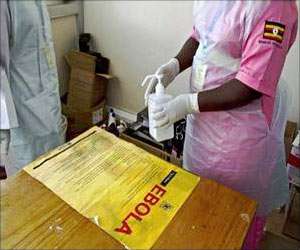Outbreaks like SAARS, Ebola highlight the gaps in the way money is raised and used for protecting people’s health particularly in developing countries.

A more focused system for investing in global health that emphasizes programs designed to achieve certain public health functions is the need of the hour. It includes vaccinating a particular population or corralling antibiotic resistance or the spread of multi-drug resistant tuberculosis.
Certain organizations, which funds should propose condition specifying outcomes and a timeframe for achieving them. Dr. Marco Schaferhoff, association director of SEEK Development in Germany and one of the co-authors of the report, said in a statement.
“Donor countries should also ensure that vulnerable and marginalized populations in middle-income countries, such as ethnic minorities who suffer discrimination, refugees, and people who inject drugs, receive sufficient support.”
Source-Medindia









